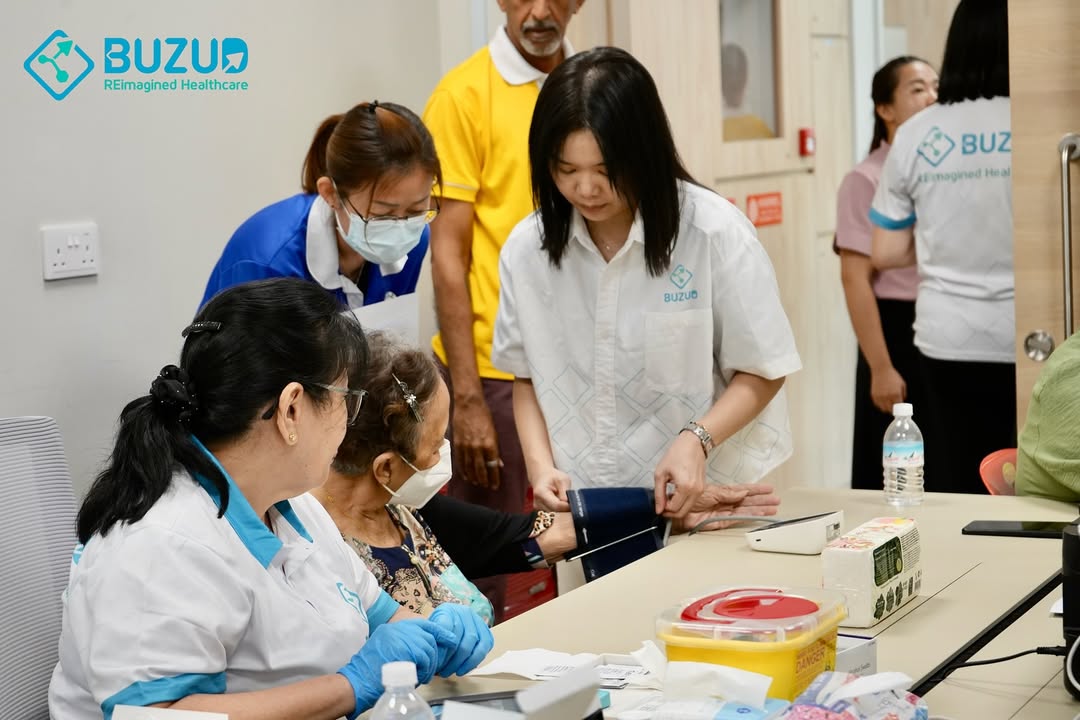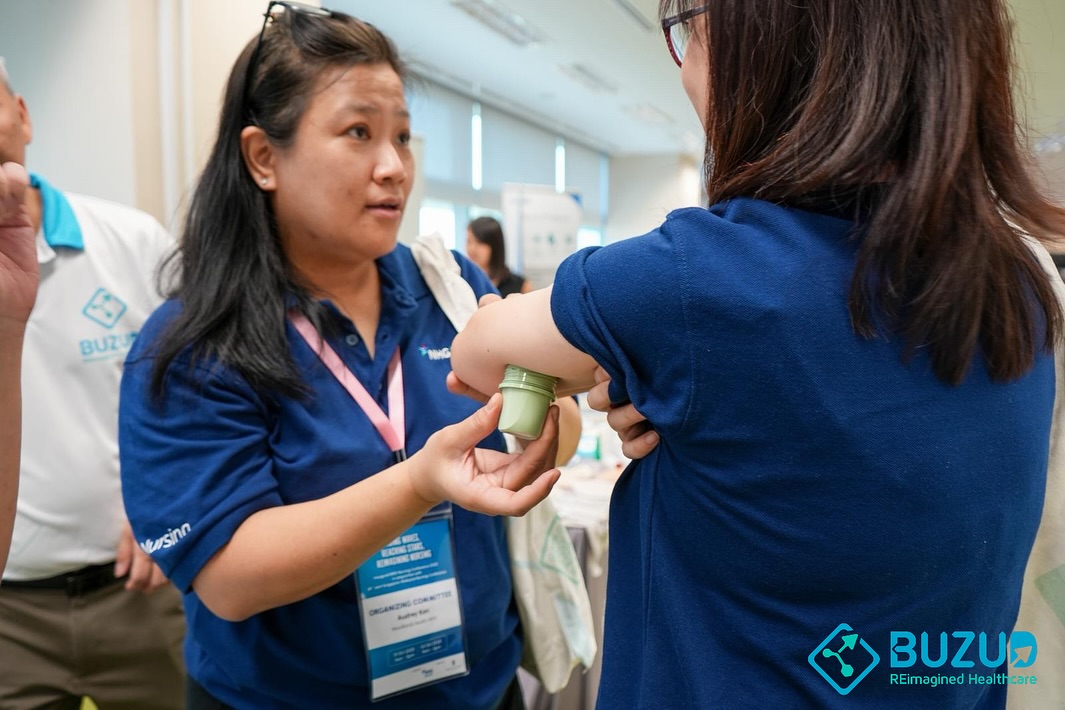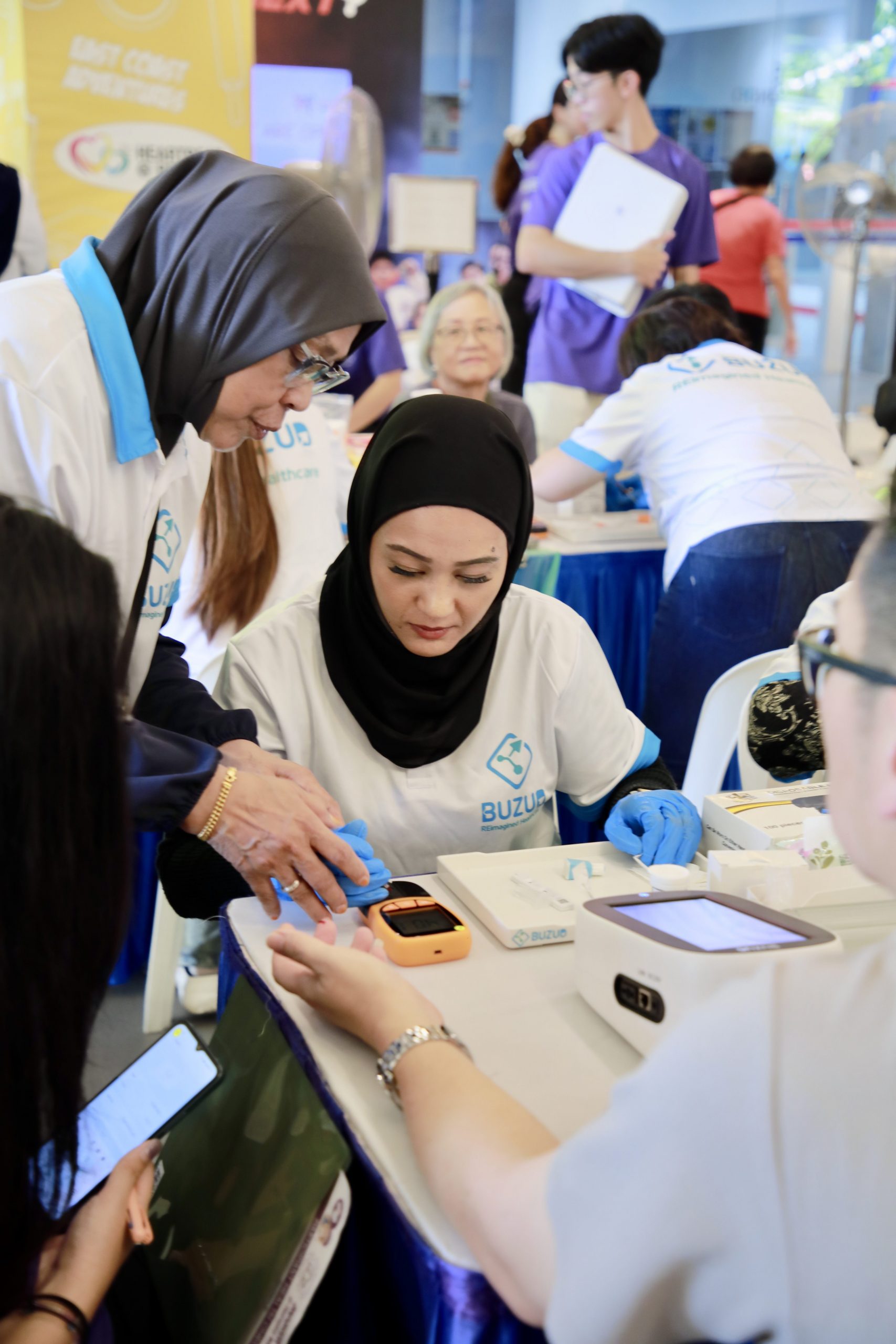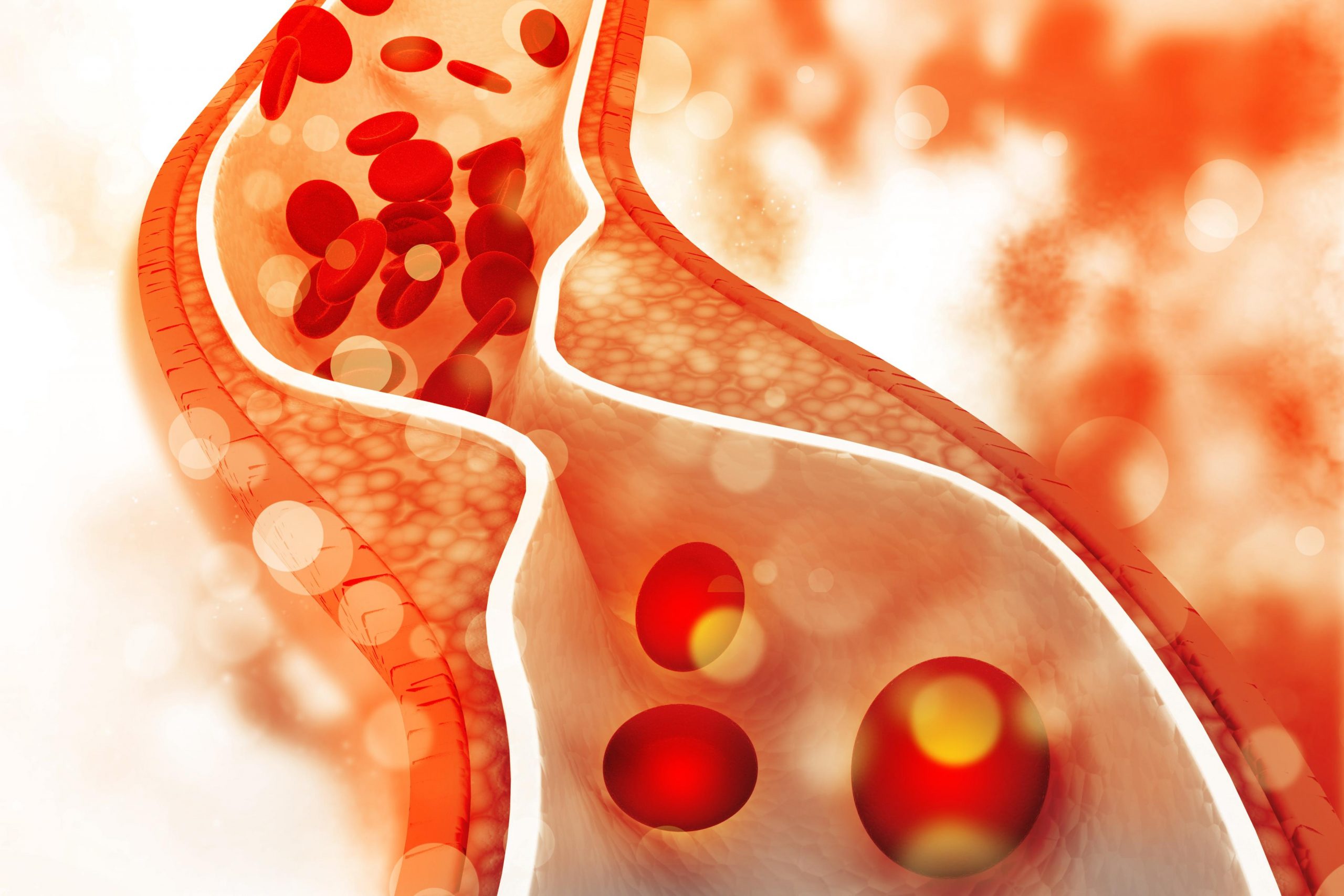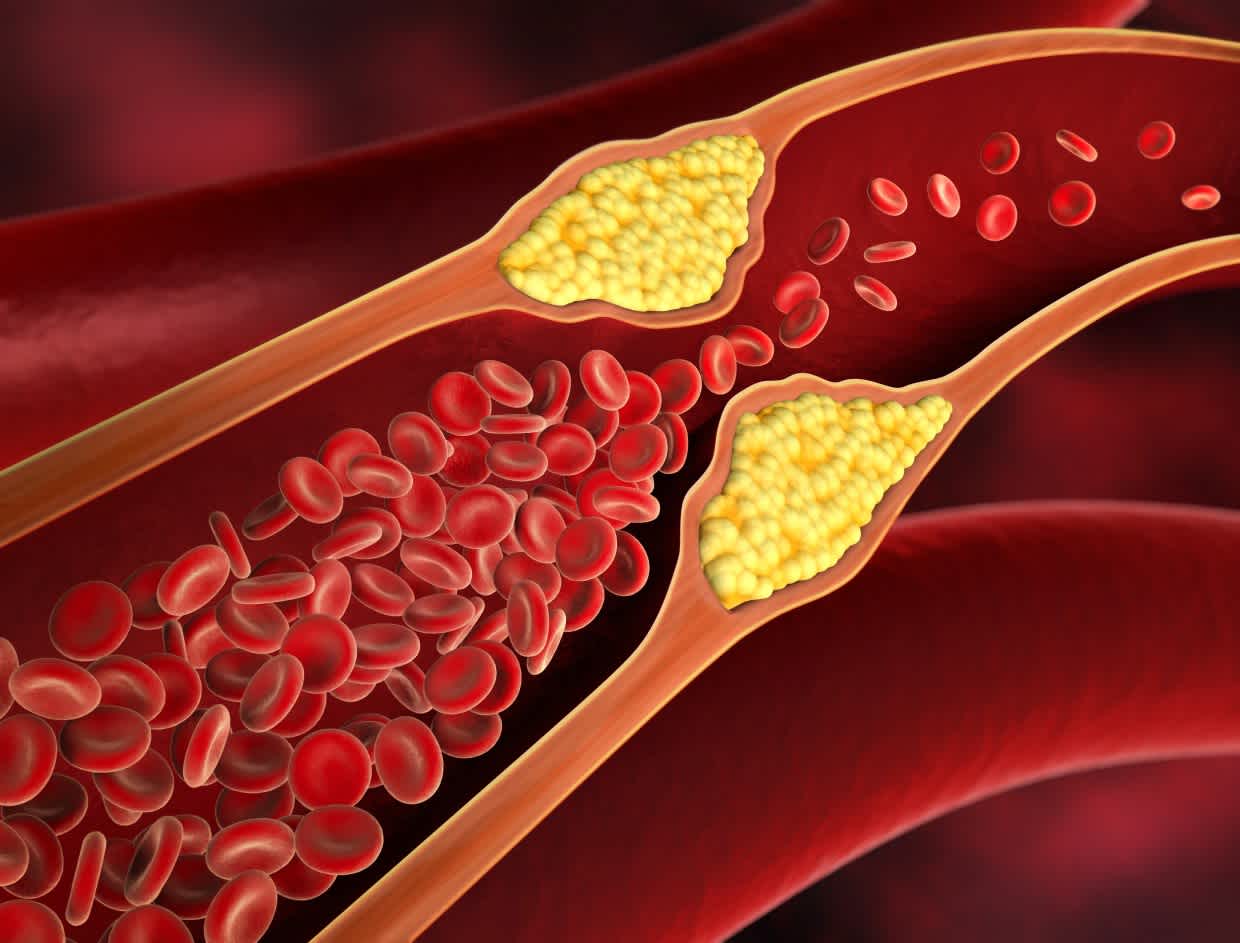BUZUD at NHG HEALTHIVERSE 2025: Two Days of Energy, Innovation and Impact at the Singapore Sports Hub
Three events in a row?! It's tiring but still so exciting! BUZUD was thrilled to be part of NHG HEALTHIVERSE 2025, a large‑scale healthcare event held at the iconic Singapore Sports Hub. The entire space came alive with families, healthcare professionals and members of the public, all coming together to explore how health, technology and community can shape a better future. For Team BUZUD, it was a memorable mix of fun,...
Caring for Our Seniors: BUZUD Supports Ang Mo Kio Thye Hwa Kwan Health Screening for International Day of Older Persons 2025
It's one event after another but how fruitful it was! On 3 October 2025, BUZUD was honoured to support Ang Mo Kio Thye Hwa Kwan (AMK‑THK) in its Health Screening for the International Day of Older Persons – a meaningful community initiative dedicated to celebrating and caring for our seniors. This collaboration was especially heartening for us. We first met the organiser at a separate event earlier in the year, and...
BUZUD Advancing Nursing Excellence Through Technology, Education and Collaboration
From 1–2 October 2025, BUZUD had the privilege of taking part in the Inaugural NHG Nursing Conference & 28th Singapore–Malaysia Nursing Conference 2025, held at Ng Teng Fong Centre for Health Innovation. Over two inspiring days, the conference brought together nurses, educators and healthcare leaders from Singapore, Malaysia and across Asia, all united by a common mission – to uplift patient care and shape a more resilient, compassionate healthcare landscape for...
Celebrating Community Wellness: BUZUD Drives Preventive Care at Pharmacy Week 2025 – Health T.A.G. (Test, Advise, Go)
What a weekend it was at Pharmacy Week 2025 – Health T.A.G. (Test, Advise, Go), held at Heartbeat@Bedok on 21 September 2025! From free health checks and pharmacist-led consultations to engaging activity booths, the event was a vibrant reminder that preventive care starts with all of us. BUZUD was proud to play an active role in this, supporting the event with our state-of-the-art medical devices and nurse volunteers — ensuring...
BUZUD Unveils AI-Driven Continuous Glucose Monitoring At 3rd Borneo Diabetes Conference
A new era of diabetes care is taking shape in Southeast Asia. At the 3rd Borneo Diabetes Conference—graced by YB Datuk Sebastian Ting Chiew Yew, Deputy Minister of Tourism, Creative Industry and Performing Arts Sarawak, and Dr. Amit Gupta, Chair of the International Diabetes Federation (IDF) School of Diabetes—BUZUD debut its Singapore-engineered, AI-driven Continuous Glucose Monitoring (CGM) 2.0 system. This landmark event signifies not only a major leap in innovative...
BUZUD Supports Community Health at NUHCS Celebrates World Heart Month 2025
As part of NUHCS Celebrates World Heart Month 2025 on 13 September 2025, an initiative anchored on World Heart Day, BUZUD partnered with the National University Heart Centre, Singapore (NUHCS), the People’s Association, and Keat Hong Community Club to bring preventive healthcare closer to residents and encourage proactive management of key health indicators. Empowering individuals through health checks and advice By partnering with NUHCS, BUZUD helped extend prevention beyond hospital settings, supporting...
Cholesterol Warning Sign That Can Be Found in Your Toenail
High cholesterol is often referred to as the “silent killer” for a reason—it rarely causes obvious symptoms, yet it can quietly and progressively increase your risk of life-threatening conditions such as heart attacks and strokes. While most people associate cholesterol problems with heart health, recent findings highlight a surprising warning sign that could be spotted in your toenails, offering a potentially life-saving clue to your cardiovascular wellbeing. Understanding Cholesterol and Its...
Cholesterol Isn’t Only an Old-People Problem: When Should You Check Yours?
Cholesterol is often called a “silent killer” because it can quietly build up in your arteries for years, increasing your risk of heart attack and stroke—without any obvious symptoms. Many Singaporeans assume cholesterol checks are only necessary after 40, but new expert advice and local health trends suggest we should be starting much earlier. Here’s what you need to know, with a focus on Singapore’s unique context. Why Early Cholesterol Checks...
Diabetes and Vision: The Silent, Irreversible Threat You Can’t Afford to Ignore
When most people think about diabetes, they often worry about blood sugar levels, heart disease, or kidney problems. However, one of the most serious and permanent complications of diabetes is its effect on your eyes. Diabetic eye disease can lead to irreversible vision loss, and because it is not immediately life-threatening, it often does not get the attention it deserves. Yet, for those affected, losing sight can be devastating and...
The Bitter Truth: Why Diet Soda Isn’t as Safe for Diabetics as You Think
For decades, diet sodas have been the go-to beverage for those seeking a sweet fix without the sugar rush. Marketed as a healthier alternative to regular soft drinks, they’re especially popular among people with diabetes, who are often told that “sugar-free” means “safe.” But mounting scientific evidence is challenging this assumption, revealing that diet sodas may not only be unhelpful for diabetics—they could actually be harmful. The Promise of Diet...


